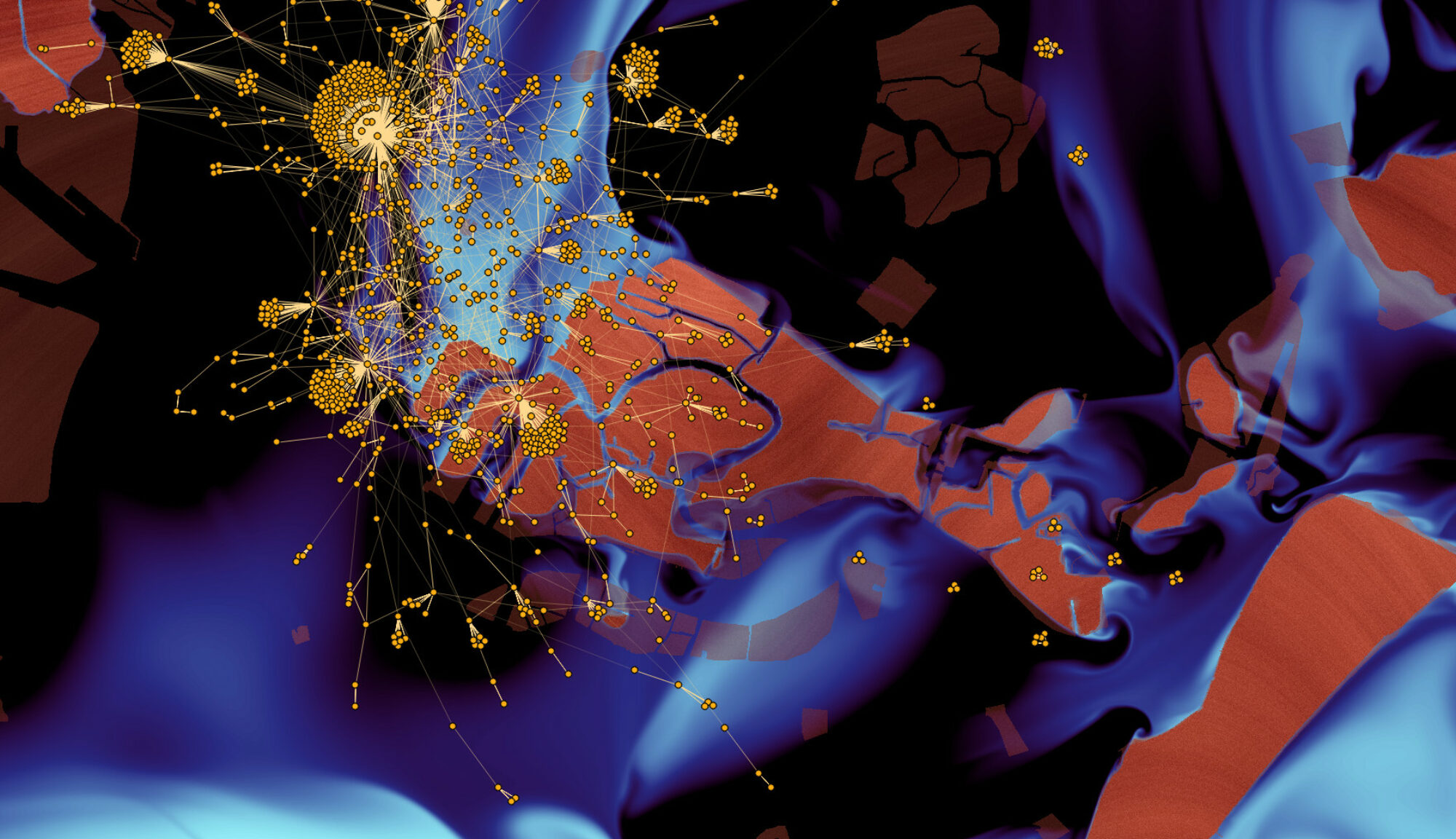Dimitri Papadimitriou, Davide Careglio, Fabien Tarissan and Piet Demeester
Proceedings of the International Workshop on Reliable Networks Design and Modeling (RNDM’13), 2013 (Invited paper)
Confronted to the increasing dynamic of Internet routing system and its underlying topology, we propose a reliability and availability analysis method based on the characterization of the dynamic properties (in particular, the stability properties) of routing paths and their corresponding forwarding paths. The key driver underlying this method is that transient but frequent changes in the spatio-temporal properties of routing paths can affect the performance and operating conditions of the corresponding forwarding paths; hence, their reliability. The results obtained by means of this method verify that, although the main cause of instability results from the forwarding plane dynamics, a second order effect relates forwarding and routing path instability events. Applying our analysis method reveals that the dominant source (main cause) of instability originates indeed from the forwarding plane. This result which confirms previous studies from 2003 further corroborates the assumption that the dynamic properties of routing system are mainly driven by its adaptation to the forwarding system (adaptive routing). However, even if the likelihood of forwarding instability becomes the prominent behavior (cause), about 50% of them induce routing path instability whereas the corresponding forwarding path remains unstable. This observation suggests that 50% of the reactive decisions performed by the BGP routing system (reactive routing) tend to further delay convergence of the forwarding paths. In turn, this observation provides the first indication that simple causal effects can’t explain anymore the occurrence of instability. Moreover, more elaborated analysis techniques (such as the one proposed in this paper) are required to explain the inter-dependent routing and forwarding paths dynamics which affects their reliability and availability.
